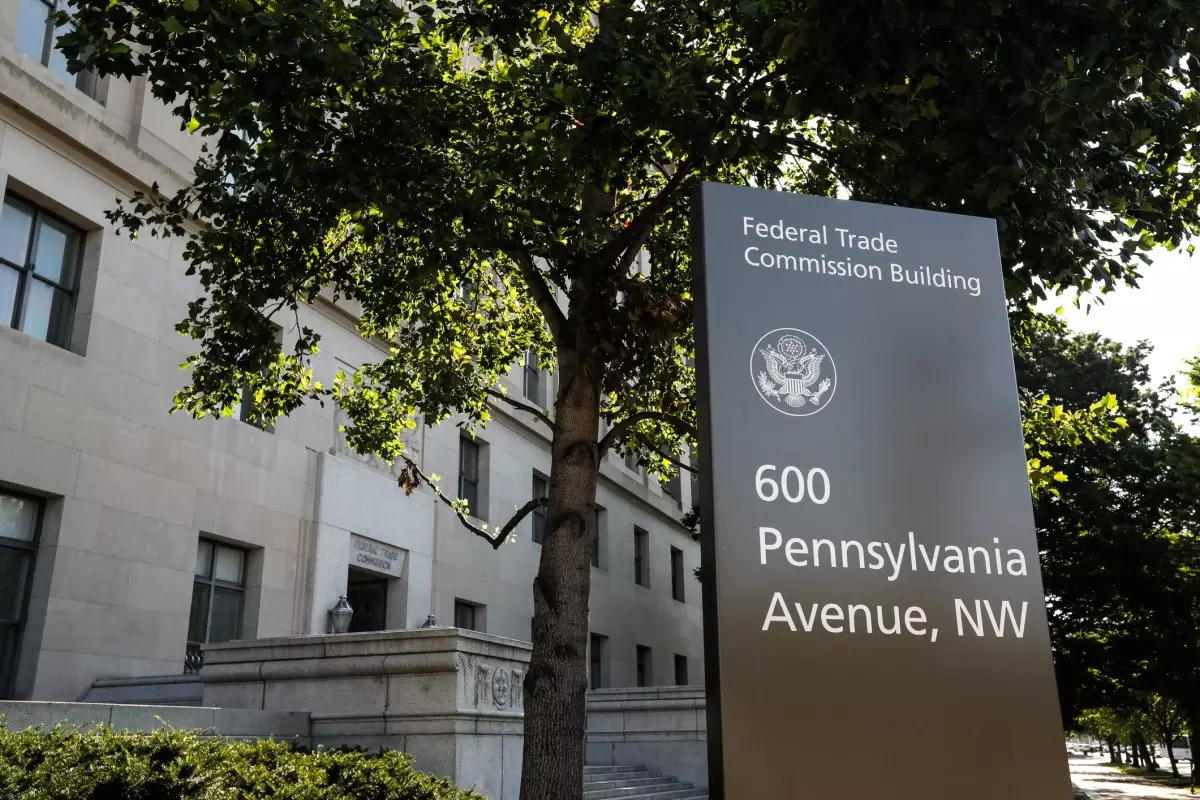The emergence of smart technology is revolutionizing how we interact with everyday objects, offering enhanced functionality that previous generations could only dream of. However, the growing reliance on these devices brings with it new responsibilities for manufacturers and crucial considerations for consumers. A recent report from the Federal Trade Commission (FTC) highlights a significant gap in the information that smart device manufacturers provide to consumers, specifically concerning the duration of software support for their products. This article delves into the implications of this report and urges consumers to be proactive in their purchasing decisions.
In a meticulous examination of 184 smart devices—including items such as hearing aids, security cameras, and smart home appliances—the FTC discovered that a staggering 89% of these products fail to disclose essential information about software update durations. This shortfall presents a clear risk for consumers, who may unknowingly invest in devices that will lose their advanced functionalities when manufacturers cease support. The implications are far-reaching: without ongoing updates, smart devices can quickly become obsolete, costing consumers both financially and functionally.
Samuel Levine, director of the FTC’s Bureau of Consumer Protection, emphasizes the financial ramifications of this oversight, stating that consumers “stand to lose a lot of money if their smart products stop delivering the features they want.” This statement underscores a troubling reality—that many consumers may not be equipped with the necessary information to make informed purchase decisions regarding these often-high-priced items.
Smart devices, such as thermostats, speakers, and home security systems, rely heavily on software to function correctly. Software updates are essential not only for enhancing functionality but also for ensuring device security against potential vulnerabilities. The absence of timely updates can lead to systems that fail to perform at their best. For example, a smart speaker that no longer receives updates may lose compatibility with popular streaming services, rendering it less useful to consumers.
The FTC’s investigation also revealed that 161 of the 184 products surveyed did not provide support information directly on their manufacturers’ websites. Rather alarmingly, their investigations failed to identify software support durations for 124 devices, leaving consumers in a state of uncertainty. This lack of transparency is not only inconvenient but poses ethical questions about manufacturer responsibilities toward their customers.
In light of these findings, the FTC urges consumers to approach smart device purchases with caution. Before making a decision, potential buyers should actively seek to understand how long a product will remain supported through software updates. If this information is not available via product listings or soon after a quick online search, the FTC advises reaching out directly to the manufacturer for clarification.
It’s also crucial for consumers to consider the long-term usability of smart devices. While certain devices may have basic functionalities, like a smart light bulb that can be manually operated, the convenience offered by smart features diminishes if they are no longer supported. As consumers, we must weigh whether the added cost of smart functionality is worth it if those features may be abandoned in the near future.
The FTC’s findings raise significant concerns regarding compliance with federal regulations. Manufacturers might be in violation of the FTC Act if they fail to provide crucial software update information while making claims about the expected lifespan of their devices. Additionally, those who do not adequately inform potential customers regarding software update durations for devices sold under written warranties may infringe upon the Magnuson-Moss Warranty Act. This requirement mandates that warranty details for consumer products over $15 be communicated to buyers prior to purchase.
Consequently, manufacturers are urged to reassess their transparency practices as consumers become increasingly aware of their rights. The call for consumer awareness is also a call for manufacturers to prioritize integrity and accountability in their business practices.
The FTC’s article serves as a critical reminder of the importance of transparency in the burgeoning world of smart technology. As consumers, it is our responsibility to seek out information and hold manufacturers accountable. At the same time, manufacturers must recognize their duty to provide clear and accurate information about software support. In ultimately creating a well-informed consumer landscape, we can encourage manufacturers to uphold ethical standards that not only prioritize consumer investments but also foster trust in the rapidly evolving digital ecosystem.

